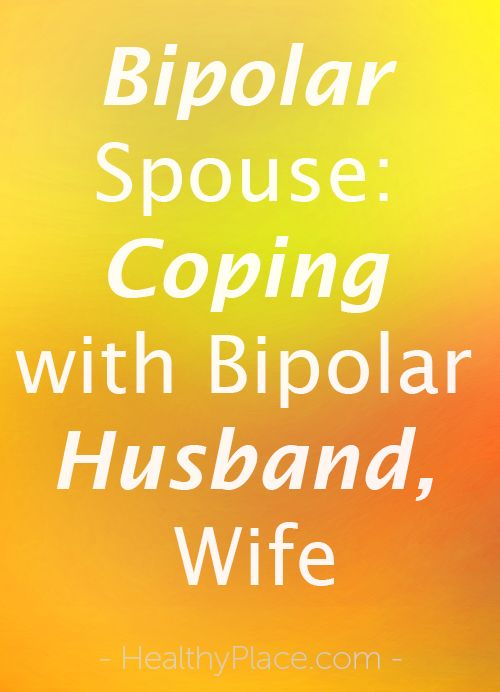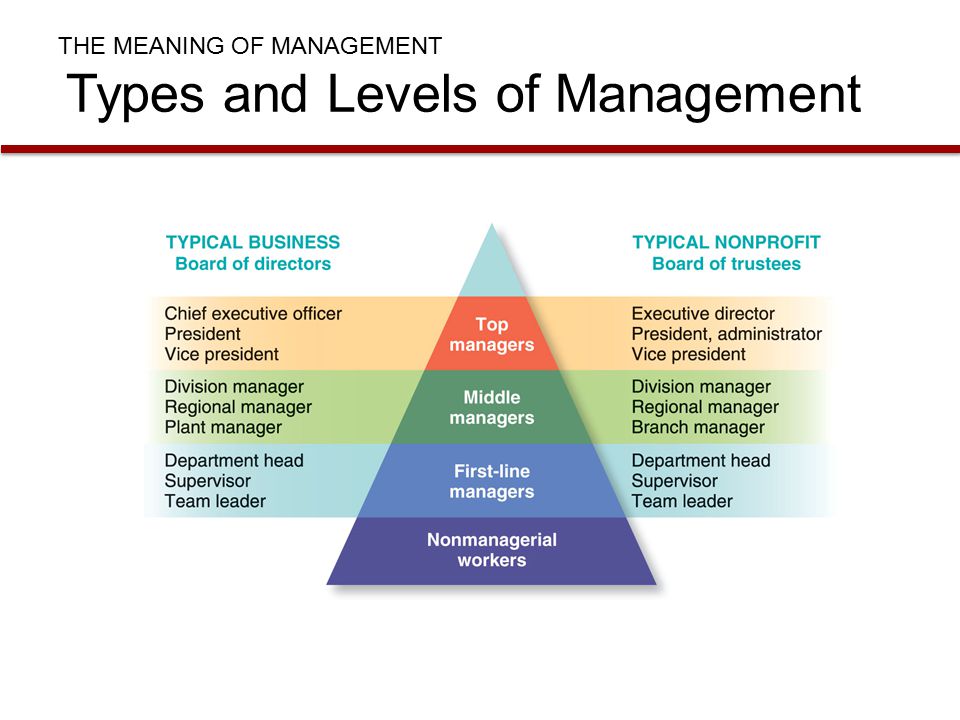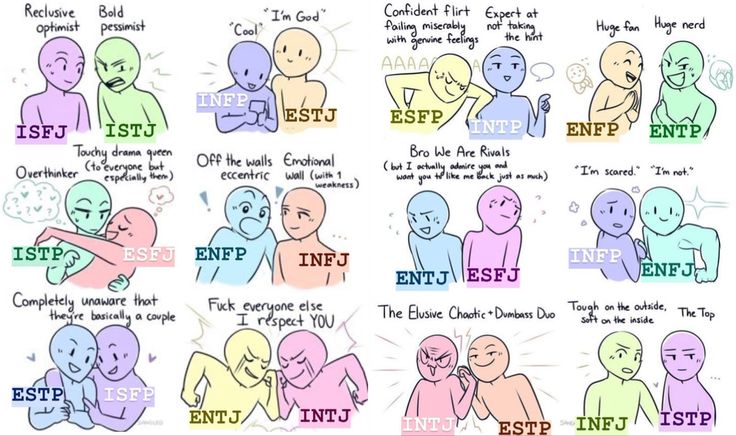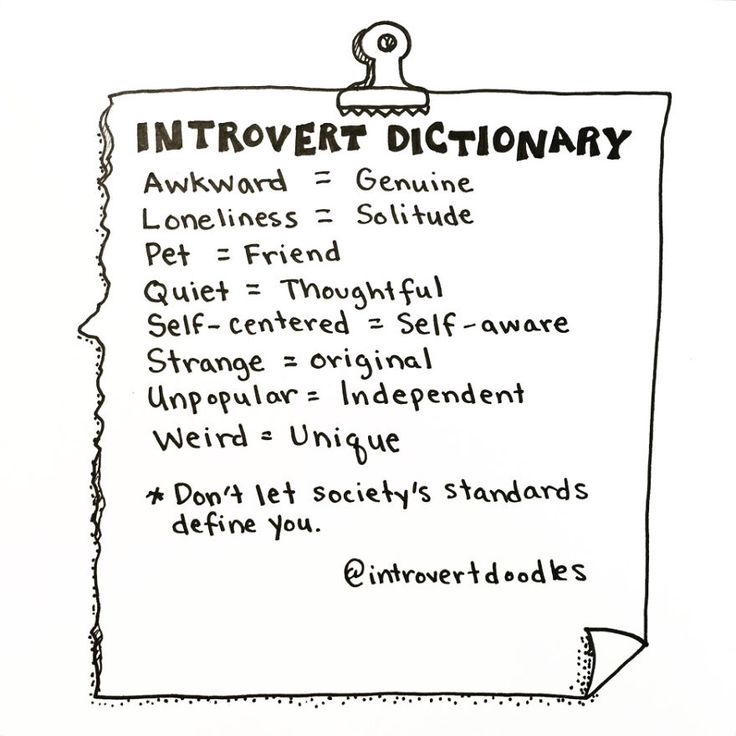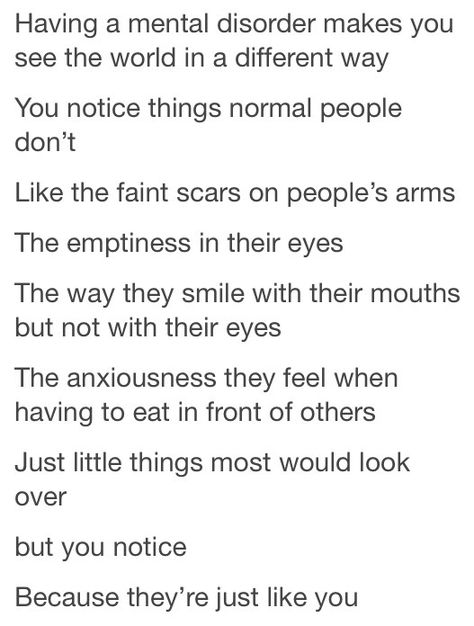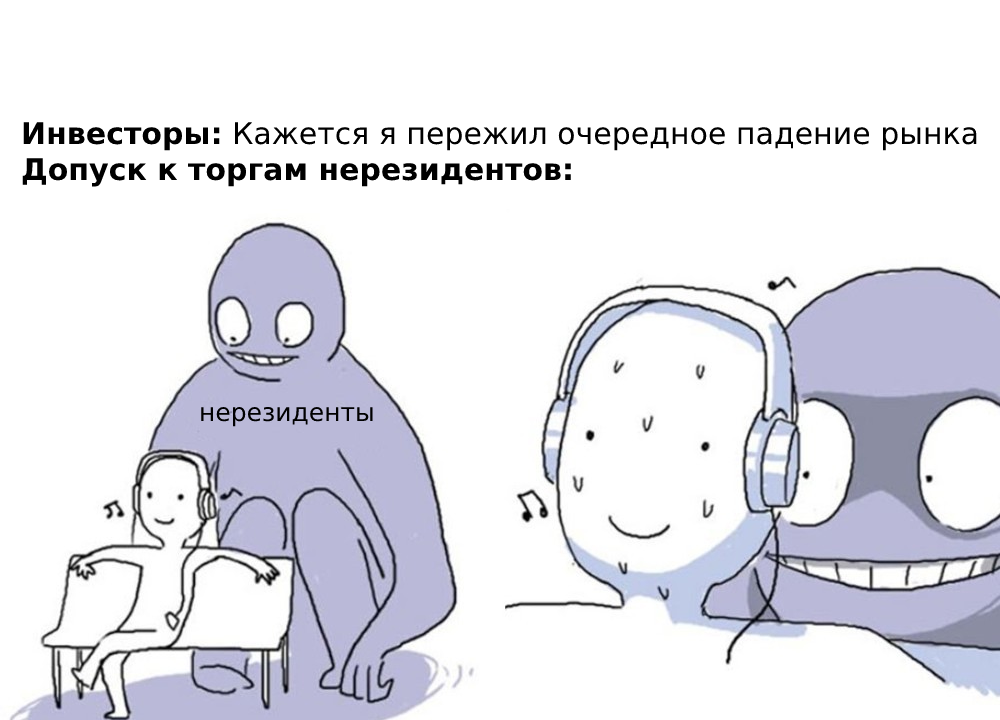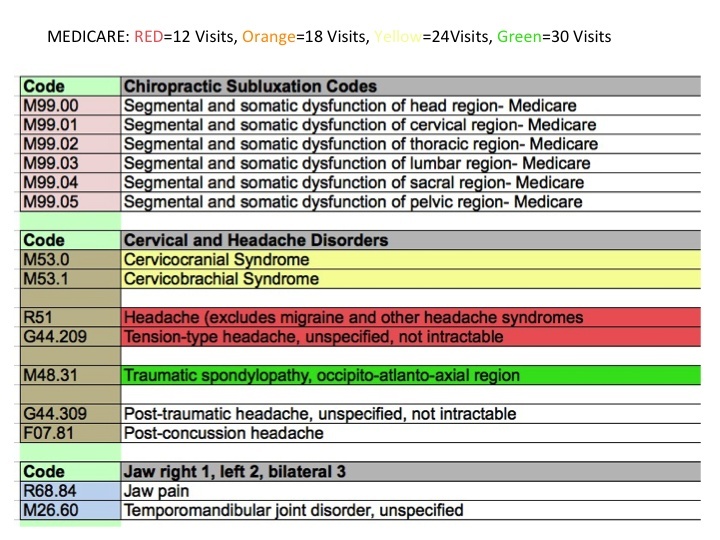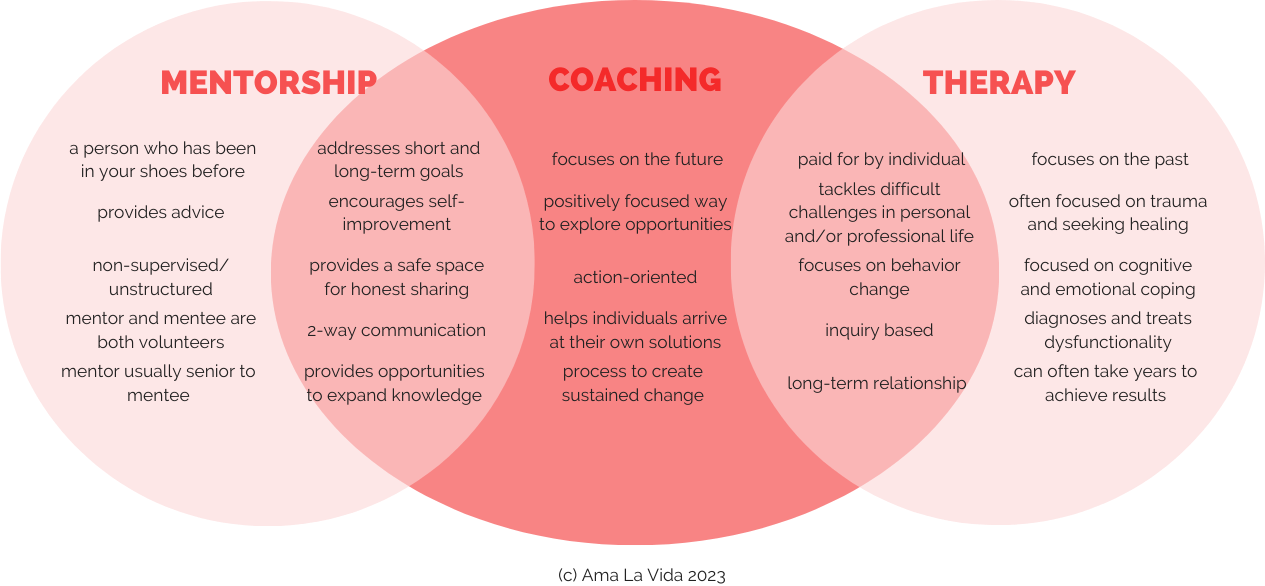No contact with mother
The ultimate guide to no contact with a narcisstic parent
If one of your parents is a narcissist and you’ve been reading up on how to deal with it, you may be wondering:
‘I hear about no contact all the time. But what is going no contact all about? What are the implications? How can I be sure it will work…?’
Well, you’re all set here. In this post, I look at the ins and outs of:
- Going no contact with a narcissist parent
- What to consider when going no contact with parents
- How going no contact with your family can play out
And I offer a case study so you see how one person dealt with the practicalities of no contact in their life.
You can jump to any of the sections here:
When you start to think about no contact
Why you should be thinking of no contact
The downsides of going no contact
No contact with one parent but not the other?
Doing the ground work
Alternatives to no contact
Why you need a contact contract
No contact Case study
How to decide if you’re going to go no contact
When you start to think about no contact
At some point, your relationship with mum or dad just hurts too much:
- the put downs
- the me me me mentality
- the cold silences
- the dread and depression pre and post contact
- the subtle and not so subtle guilt tripping
- the violation of boundaries
So you start to ask yourself, ‘Is it all really worth it? Should I just go no contact? You know, I love my parents, but the pain I’m in with every contact just sets me back. ’
It sends you into a tail spin.
For example, in the lead up to seeing your family:
- You start to get irritable or down.
- You find yourself moping or acting out with food, alcohol, shopping. Fixating on looking just right.
- You get hyper-critical of your self and others
Eventually, you start to ask yourself this question, that every adult child of a narcissistic parent comes to. Would you be better off just not seeing your family anymore?
‘No contact’ is the decision to make the ultimate boundary with your narcissistic parent. Often it includes the other parent too, as they come as a package and, can including siblings. (More on that below.)
In deciding to have no contact, you are trying to put in place a self-preservation strategy.
Whatever others may say to you, you’re taking action for a reason.
Because all the options have been tried, tested and at this time, fail to support you in the way you need to keep your mental and physical health.
So let’s look at how going no contact can help.
Why you should be thinking of no contact
Let’s get into the heart of it:
If you go no contact, what are the advantages?
In some ways, you’re giving yourself permission to get on with you life.
It’s saying, ‘this relationship with my parent, has too much of an impact on me for to be able to live life as I want.’
By going no contact, you can focus on what’s important to you right now: relationship, friendships, work, personal passions.
You can clear yourself of the energetic and emotional minefield that is navigating your family dynamics.
You’ll probably worry less as a consequence. And feel lighter in yourself.
But are there downsides to doing this? That’s what we look at next.
The downsides of going no contact
Taking the decision to break off contact with your parents or family is a big one.
Why might you hesitate to make this decision?
First off:
It’s likely to trigger off enormous feelings of guilt and shame. As if you weren’t doing your duty. Or you were betraying your family.
As if you weren’t doing your duty. Or you were betraying your family.
Then:
It might feel hard to get on with life without feeling you’re not entitled to your joy and inner peace.
You may feel like you are missing out and have been excluded from the club, even though another part of you feels the club is toxic.
You may be judged by friends of your parents or the family, and your extended family.
If you have siblings and they are caught up in the narcissistic family system, they will probably side with your parents.
It’s quite likely that a narcissistic parent will try to manipulate the situation to avoid any shame on themselves for your no contact. They might:
- tell lies about you and the reason you’re not in contact
- try to make themselves out as the victim of the situation
- use overt and covert ways of making you second guess your choices
So if you choose to go no contact, you’re likely to be in for a bumpy ride, either way.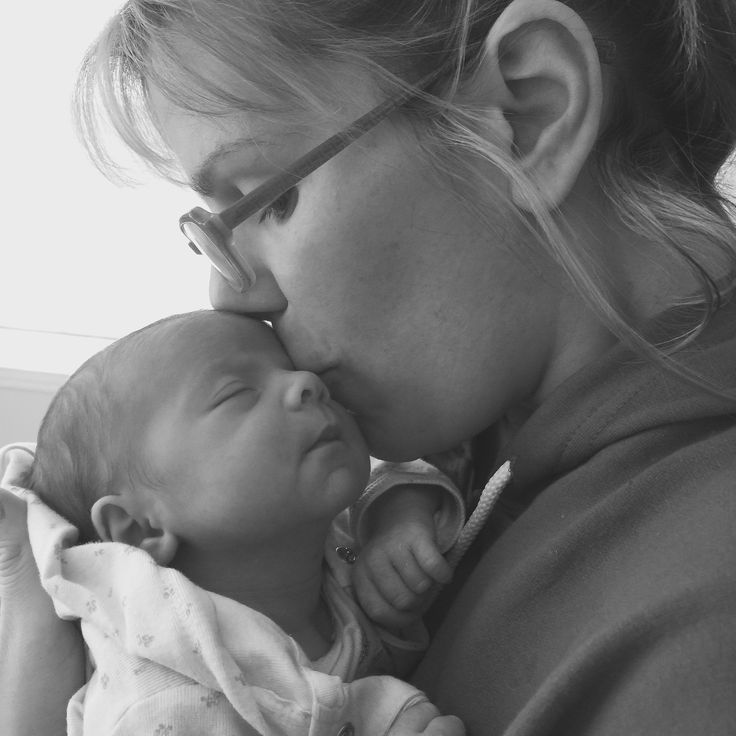
Is there a half-way solution? That’s next…
Can you go no contact with one parent, but not the other?
Assuming your parents are together still, you might wonder if it’s possible to have a strategy where you maintain contact with the other parent.
Of course anything is possible, if you choose it. For some people, maintaining contact in this way feels a way of keeping a foot in the door for the future relationship and not feeling cast out.
But there are risks:
- Often in longstanding relationships with a narcissist, the other parent will be consciously or unconsciously colluding in what is a co-dependent relationship.
- They may not be able to separate safely from their partner to provide you with the safe harbour you seek. Proceed with caution.
- When the chips are down, they will always side with their partner, in my experience. Which could leave you very exposed and vulnerable.
When no contact is always worth considering
If your parent is so extreme on the narcissistic spectrum, that contact with them continues to be toxic for you, then no contact remains an important option to consider.
In this case there is almost no possibility of emotional safety, ever. This type of parent will continue to create great emotional harm to you, with no chance of things ever improving.
If that’s the case for you, it may just be better to stay away.
If you’ve thought about all these options and think that no contact is the way forward, what do you need to think about? Let’s look at that next.
Doing the ground work for no contact
If you’re in the early stages of recovery, having no contact can be helpful. It can create the mental space for healing, but it may also feel very exposing and difficult for the wounded and vulnerable part of you.
That part of you may:
- feel panicked
- need a lot of reassurance and struggle with both the outer and inner feelings of rejection that no contact (even if self-imposed) can evoke.
If you’re in the middle of recovery from the trauma of childhood narcissistic abuse, having a temporary break from contact can help consolidate the changes and healing.
If you’re able to reduce or avoid contact, it allows time for the scar tissue to form over your wounds without them being broken open again.
If you’re in the late stages of recovery, and you feel that there is no chance of having respectful, boundaried contact with your narcissistic parent, then no contact remains an option.
Or you may feel able to renegotiate your relationship with your parents in which case you may choose to lift the no contact rule and see how things go.
That said, sometimes no contact might be the only way forwards.
Alternatives to no contact
So you’ve seen that no contact is not a straightforward option.
It might keep you emotionally safer, but it’s also likely to create an inner backlash. It can trigger intense guilt and shame.
Are there other options? Well, here’s a good one, if you’ve already done some healing and your foundations are starting to feel strong enough:
Civil contact
This term is Karyl McBride’s, author of ‘Will I Ever be Good Enough’. She talks of a middle ground you can occupy, once your groundwork is stable and your defences in place: it’s called ‘civil contact’.
She talks of a middle ground you can occupy, once your groundwork is stable and your defences in place: it’s called ‘civil contact’.
This type of contact is based on a number of assumptions:
- You have done the work to build your resilience
- You’ve come to an understanding of your family dynamics and how they impact you
- You’ve been able to develop self-compassion and reduce the impact of toxic guilt
- You’re ready to accept your parent is unlikely to change fundamentally
- You’re able to let go of the idea that your parent will meet any of your emotional needs
- Having civil contact is way of maintaining a level of contact with your parents / family without becoming enmeshed and caught up in the old dynamic.
You might need to:
- limit contact to a frequency which feels safe
- meet on neutral ground
- limit the time of the contact
- spell out your boundaries
- be prepared to politely and kindly assert yourself
- be ready to walk away if things get too much
So if you’re going to go down that route, what do you need to do to keep yourself safe?
I call it:
the contact contract
Why you need a contact contract
If you’re going to have contact with your parents or family, setting the parameters for how this is going to work, is essential.
One way forward is to create your own contract for future family encounters.
You don’t need to share this explicitly with your family unless you feel you want to.
However, it’s what you’re going to keep in mind if and when you spend time with them.
In this contract you might stipulate:
- when, where and how long you are willing to meet for
- who might need to be present (and who not)
- what your trigger words / phrases / looks are and how you might respond
- what your red flags are that mean you would feel you need to remove yourself
No contact experimentation
It might take a few goes to establish a way of doing this that works and feels ok.
Be experimental and willing to try different things out, as long as you feel safe to do so.
Whatever you decide, there’s one thing that more important than any other…
Being kind to yourself.
Moving forward with kindness to yourself
This idea of modified contact might be new and difficult territory.
Often clients I see will set no contact boundaries for a time, but may choose to lift the boundary.
Or sometimes, the vulnerable part of them can’t bear the shame of separation and re-establishes contact before more robust defences are in place.
It’s really hard when that happens, not to be swept up in an alternative wave of self-shaming, for having transgressed your own rules.
As with all stages of recovery from abuse, your goal is to treat yourself with the utmost kindness, recognising each step along the way is a major one, however small or large.
So how does this all play out? Here’s a case study.
Case study: Stu’s story*
*Stu is a composite case study of examples I’ve worked with. Client work is, of course, a confidential process.
Like many adults of a narcissistic parent, Stu’s life seemed ok to an outsider. He was single at 34 but had had a couple of long term relationships. He was quite introverted but counted himself lucky to have a small group of close friends he’d known since college.
Stu had had depression on and off throughout his adult life. It was particularly marked around holiday periods and birthdays, but it came and went throughout the year.
He felt low, listless and not very social when depression came on.
He finally decided to get help from a therapist as he started to worry that this pattern of depression was never going to go away.
As we worked together, it became clear that while Stu’s first evaluation of his childhood was happy and normal, the reality was quite different.
Boundaries with his mother
His mother was always exhausted and said she worried about him. She would ask him endless questions about his life, to the point where he would shut down.
His father seemed a silent bystander in all this, often preoccupied with his garden or out playing golf.
His mother confided in him about all her challenges in her life and relationship. Whenever he made attempts to distance himself, she became cold and silent.
Guilt and resentment
Stu felt enormously guilty about his growing resentment towards his mother. He felt he had nothing to be cross about and worried about being ungrateful and callous, particularly as she was growing older and more frail.
What emerged in our work was that Stu’s mother exhibited traits of an introverted narcissist. She wasn’t able to see Stu as a separate being to her with his own needs and wants.
Soon Stu was able to link his depression to his encounters with his family, his mum in particular.
He decided to distance himself more, first reducing contact and keeping converations superficial and away from his own emotions or his mother’s.
The more he tried to do this, the stronger his mother reacted. She started to get ill and call more frequently, leaving him messages that caused enormous guilt and self-questioning.
Temporary no contact
Recognising that while this was going on, it would be hard for him to heal the neglected and shamed parts of himself, Stu decided to go no contact, at least temporarily.
This caused him enormous inner-turmoil. He felt guilty and ungrateful. As if he were abandoning his mother and this was the worst possible thing he could ever do.
At the same time, he recognised that carrying on as before was sending him into deeper and more frequent depressions. It felt like an impossible dilemma.
Something had to change.
After agonising about his decision for a few weeks in therapy, Stu came to a decision.
For 12 months, Stu limited his contact to a birthday greeting for his two parents in the form of a card and that was it.
To help him, we worked together to ensure he had something of a support network in place, in therapy, through an online support group and with two trusted friends in whom he felt he could confide.
Challenges along the way
The first 3 months were very challenging. He felt pulled strongly back to his family. An aunt contacted him and pressured him to be in touch with his parents. A childhood friend emailed him, saying his parents were worried about Stu’s. These felt like enormous twists of the arm.
These felt like enormous twists of the arm.
They were immense tugs on his resolve. But he hung on in there, working gently with self-compassion and particularly the wounded child part of him who was so fearful of abandonment.
After 12 months, Stu felt he had enough insight and resources to open up contact again. His depressions were less frequent and he had started to grieve the losses of his childhood.
Releasing trauma
Some of the trauma locked in his body had begun to release and he felt he could begin to renegotiate his family relationship.
He didn’t want to be completely outside of the fold but from now on, it was going to be on his terms. He knew what his red flags were and decided that for now, meeting his parents on neutral ground outside of holidays was best for him.
That’s Stu’s story, but what about you? How do you need to move forward?
How to decide if you’re going no contact
You’ll have seen from this post, that there is no right and wrong with no contact.
It’s a personal choice of what serves you best.
But the best advice is that you should be on your own path of healing before taking any drastic action.
Without that, there is no foundation for things to change. You can make the break, but you can’t change your family.
You can only change your relationship to them and yourself. That’s the starting point.
If you feel you can’t heal while you are in contact with family, then that might be the basis for making a decision.
It’s important that you feel in control.
And to know that no decision, either way, is irreversible.
Feel stuck? Confused or unsure? Got more questions?
If you need help with no contact and boundaries with your family. I specialise in working with people just like you. Let’s see how we can work things through together, to help you find greater peace and joy.
Get in touch for a free initial consultation by calling or text me on 07443 640556 or emailing me.
External link
Read more on Karyl McBride’s view of going no contact here:
https://www. psychologytoday.com/us/blog/the-legacy-distorted-love/201105/narcissistic-parents-contact-or-not
psychologytoday.com/us/blog/the-legacy-distorted-love/201105/narcissistic-parents-contact-or-not
What to Expect When Going No Contact with Parents I Psych Central
Cutting ties with a toxic parent may give you space to heal, but it may also present additional challenges.
There’s still a fair amount of stigma associated with adults who choose to go no contact with a parent. A common assumption is that the decision to cut ties with a “toxic” parent is made from a place of anger and impulsivity.
For many, it can be an act of self-preservation or a careful consideration after attempting to make the relationship work.
Every situation is different, so the decision you make should be the one that fits your needs. If you’re currently considering no contact, it’s important to know that cutting a parent out of your life isn’t a quick fix for the pain they caused.
Still, there are benefits to making a conscious decision about whether you want someone in your life if you don’t like the way you feel when they’re around.
Here are some things to consider, both before and after going no contact.
I was 16 when I made the decision to cut my mother out of my life. I still remember the explanation I gave my father: “That woman took 16 years of my life, and she’s not going to get a 17th.”
Given my history with my mother, it was a rational decision for me. It was my attempt to protect myself from future abuse.
What I didn’t realize at 16 was that cutting ties wasn’t going to fix a lifetime of wounds. I still needed to embark on a healing journey.
If you can, try to base your decision on the type of relationship you want with a parent and the healing journey you want for yourself.
You might find that your parent isn’t able to provide the relationship you want. Their behavior may not be intentional, but you don’t have to accept poor treatment or abuse just because someone has the label “mom” or “dad.”
“Consider going no contact with a parent if your interactions with your parent are undermining your self-esteem, self-respect, choices, decisions, and/or relationships,” says Avigail Lev, PsyD, a clinical psychologist based in San Francisco.
Lev recommends doing a cost/benefit analysis on your relationship. See if your interactions are causing more harm in the long run or if the benefits outweigh the costs.
Here are some questions to think about:
- How does this parent make me feel when I’m around them?
- What positive elements am I getting from the relationship?
- Are there more negative experiences than positive ones?
- Is this parent causing a strain on my mental health? For example, does my anxiety increase when I interact with them?
- Do I dread talking to them and/or being around them?
“If you’re finding that most of your interactions end up causing you more pain than contribution, then going no contact — or slowly decreasing contact — with your parent may be the best option,” says Lev.
I didn’t have any bonding memories with my mother. The negatives far outweighed the positives, which made my decision to make a clean break easier.
There are benefits and consequences to going no contact with a parent. What you can expect will largely depend on the relationship dynamic between you, the parent in question, and other family members.
What you can expect will largely depend on the relationship dynamic between you, the parent in question, and other family members.
“No contact creates a strict boundary within the relationship, essentially by ending it or pausing it for a period of time,” says Ashley Hodges, MSW, LCSW, a psychotherapist based in Chicago.
If the relationship you’re ending was causing you distress, you might feel some relief in the immediate aftermath but soon after realize the challenges that lie ahead.
Fallout from family members
Your experience with a toxic parent can be different from the relationship siblings and other family members may have with them. So they might not understand why you want to cut contact. This could mean they may not support your decision.
It might be a good idea then to prepare for some relatives to side with your parent and think about what that might mean for your relationship with them.
I was able to keep a relationship with my brothers, even though they still maintain a relationship with my mother.
Cultural stigma
After disclosing to others that I don’t have a relationship with my mother, I’ve often heard statements like:
- “But she’s your mother, and you only get one”
- “You turned out OK, so she must not have been that bad”
Cultural stigma can be particularly challenging for daughters who cut contact with a mother. The myth that all mothers are loving, nurturing, and act in a child’s best interest is still largely accepted.
Often, people who haven’t experienced childhood with a toxic parent have a hard time understanding your experience.
You may find yourself feeling alone, but remember that there are many who share similar experiences.
It might help to set boundaries around who you talk with about your decision. If someone isn’t respecting your feelings, it might be a good idea to avoid discussing your family history or no-contact status with them.
Complex feelings
Taking the leap to go no contact can unlock some complex emotions. You might feel guilt, shame, fear, regret, or an extreme sense of loss.
You might feel guilt, shame, fear, regret, or an extreme sense of loss.
Even though I felt good about my decision, I still had to start my healing journey. That meant learning self-compassion and unlearning some behaviors I developed to cope with my childhood treatment.
Try to give yourself permission to grieve the childhood you wanted and didn’t get and nurture your inner child.
“The important work to do is to process the guilt, despair, and grief of not having the loving parent that you deserve,” says Lev.
Going no contact was right for me, but it may not be right for every situation. Your decision depends on how you feel and your relationship.
If you think you need a change to protect your mental health but don’t want to cut off your parent completely, there are other options.
Taking a contact break
Some people choose to stop contact for a period and then revisit the decision again. This can give you time to focus on you and learn some skills to help navigate challenging situations.
For example, you might work with a therapist to unpack feelings from your childhood and learn how to set appropriate boundaries.
Limited contact
Limited contact can be a good option if you don’t want to totally cut a parent out of your life but need space and structure to the relationship.
You might choose to see them only on certain holidays, or you may limit contact to a few infrequent phone calls.
There’s no right or wrong way to do limited contact. You can design the contact level that works best for you and communicate that to your parent.
Setting stronger boundaries
If you didn’t grow up with strong boundaries in the relationship with your parent, you can still set them as an adult.
“If a particular topic always leads to an argument and hurt feelings, choosing to not engage with those discussions and leaving or changing the subject might be a good boundary-setting alternative to going no-contact,” says Casey Tallent, PhD, Director of Collegiate and Telebehavioral Health Initiatives at Pathlight Mood & Anxiety Center in Colorado.
Going no contact isn’t a magic solution to dealing with a toxic parent; you’ll still have complex feelings to process, cultural stigma to contend with, and other family members who may not understand your decision.
When you’re considering no contact, try to make the decision that’s best for you. Consider setting boundaries that make you feel safe and respected.
“If you’ve clearly requested that your parent stops a particular behavior, and they don’t stop or change the behavior, then consider doing what you need to do to take care of yourself,” says Lev.
how to recognize and what to do
Psychologist and psychotherapist Tata Feodoridi tells
Website editor
“I endured everything for you”, “You won’t succeed”, “Why do you do this all the time” - from childhood, a child can become a victim of a toxic relationship with his mother, which will then affect his future. Together with psychologist and psychotherapist Tata Feodoridi, we figure out who mothers-victims and mothers-critics are and how to deal with pressure from a parent.
The problem of the lack of unconditional maternal love
Unconditional maternal love is a warm, enveloping blanket of acceptance and calmness, support, caress and warmth. Psychologists often compare maternal love to a charged battery. A girl or boy who received it in childhood goes through life much easier, they believe in themselves and it is easier for them to cope with difficulties.
A key ingredient in motherly love is the absence of conditions. “Whatever you are, I love you”, “whatever happens to you - I love you”, “lost, failed, mistake, fall - I love you”. However, just as a battery is charged, it can also be discharged. And, unfortunately, for children who, as they grow up, did not feel this unconditional maternal love, it is very difficult to live. They are more prone to depression, abusive relationships, doubt whether they are worthy of love at all, whether someone will treat them well, accept them as they are, and not break them.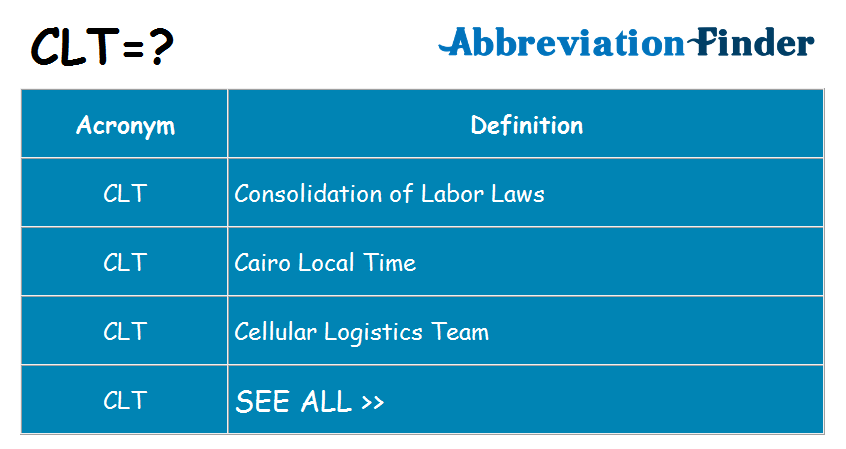
Types of mothers in toxic relationships
There are three main patterns of behavior of mothers who subject their children to conscious or unconscious pressure.
-
Critical mother
Such mothers often put pressure on the patient, creating complexes: “you are short” or “you have a big nose”. When their daughter grows up, she becomes her harshest critic: she constantly doubts herself, feels dissatisfied with herself and often even hates. Such girls have global problems in romantic relationships and any other areas of life. They belittle themselves, criticize, do not accept and literally smear on the wall. And no matter how beautiful, charismatic, smart and talented a girl is, she will still look at herself in the mirror and think: "I am ugly and do not deserve anything in this life."
-
Shameful mother
Girls who grew up with an eternally shaming mother engage in masochism throughout their lives. They are in an abusive relationship, they endure humiliation, beatings, an alcoholic husband and all sorts of bad attitudes. Sometimes from the outside it seems that they are ready to put up with absolutely everything.
They are in an abusive relationship, they endure humiliation, beatings, an alcoholic husband and all sorts of bad attitudes. Sometimes from the outside it seems that they are ready to put up with absolutely everything.
Humiliation always stands next to shame. It can be of a different nature - through psychological or physical violence - and of any format: humiliating statements, coercion to some awkward actions, shame, ridicule, ridicule, jokes. Criticism of a child by shaming mothers reaches its climax and turns into a format of public spanking. This is a very aggressive form of relationship. Mothers can put pressure on a child not directly, but indirectly, for example, by saying: “What you want is disgusting. What you like is disgusting." In such relationships, there is no sexual education, or it is a shameful topic, which then results in problems in further emancipation.
-
Victim mother
This is a story about an unfortunate mother who endured a lot for the sake of her children. “I lived with your father for you”, “I denied myself a lot for you”. Mom may not even say anything directly to the child, but she will show it with her whole appearance. In fact, such parents themselves cripple their lives in front of their children, for example, if they constantly endure alcoholics, beatings or psychological abuse.
“I lived with your father for you”, “I denied myself a lot for you”. Mom may not even say anything directly to the child, but she will show it with her whole appearance. In fact, such parents themselves cripple their lives in front of their children, for example, if they constantly endure alcoholics, beatings or psychological abuse.
When the children of such mothers grow up, they begin to feel guilty towards them and they are ashamed to be happy. Their typical words are: “I want to go on vacation, I have a good family and children, but I know that my mother is in a very bad place. I tried to get her out of the situation, but she doesn't want to. I am ashamed that everything is fine with me, but she is not.” The second scenario is copy-paste. When children grow up in an atmosphere of tolerance, they often carry this format of relationships into the future.
Who is to blame
There are no guilty or wrong people in this situation.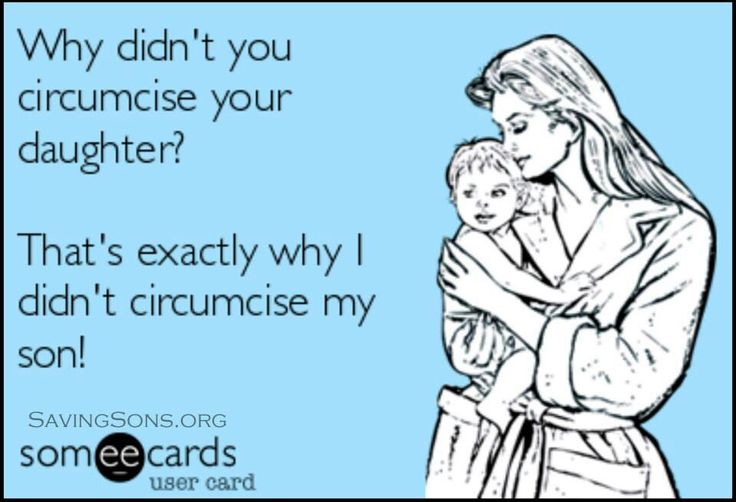 People simply cannot find a common language with each other, and a problem arises: just as the mother did not accept the children and their actions, in the future the children themselves cannot accept the choice of the mother.
People simply cannot find a common language with each other, and a problem arises: just as the mother did not accept the children and their actions, in the future the children themselves cannot accept the choice of the mother.
A healthy relationship between a child and a parent should always be on an equal footing. The child should not educate the elder, and the elder should not crush and humiliate the child.
What can you do to improve your relationship with your mother
Start chatting and building a dialogue. Most people have learned to speak, to use words in a sentence, but have not learned how to convey their thoughts. The main problem in toxic relationships is that people cannot understand each other, because they do not know how to talk to each other.
Refuse categorical language in conversation: “You don't want to spend time with me at all. You don't care about our relationship!", "You don't love me. "
"
Try to build sentences based on the following principles:
Fact: “Yesterday she told me...”, “At a family dinner you agreed...”.
Emotion: “I felt sad and thought about it all day”, “I got so angry with you.”
Injured need: “I miss you so much, I miss the time spent alone together”, “After all, I finally feel fulfilled and happy, and suddenly it seems to elude me”, I want to understand that you are always on my side I want to trust and feel safe.”
Parent's interest: "I see that you miss my attention, we spend little time together", "Give me the opportunity to pursue a career, and I will try to plan my time better so that we see each other more often."
Request: "I beg you, don't do this again."
Work with separation from parent. It is very important for an adult to understand that if he is still an adult and has a painful, breaking relationship with a parent, it means that psychological separation has not occurred, that is, a transition to independence. Therefore, if it hurts you, we first go to a dialogue, and then we start working on separation - we work out children's grievances and rebuild relationships to the “adult-adult” format.
Therefore, if it hurts you, we first go to a dialogue, and then we start working on separation - we work out children's grievances and rebuild relationships to the “adult-adult” format.
How to build a relationship with your mother as an adult
121,345
Older generationA person among people Practices how to
Many women do not understand how important a good relationship with their mother is. They suffer from the fact that she takes up too much space in their lives. The image of a condemning or approving figure, the need to earn her recognition is oppressive, does not allow you to start your own life. “Fixing your relationship with your mother means adding calmness and confidence to life, feeling happier,” says psychologist Terry Apter.
It is not uncommon for the daughters of domineering, commanding, and all-knowing mothers to move to another city, country, or somehow distance themselves. Behind the grandiose-dominant figure of the mother, it can be difficult for them to discern an ordinary woman, the same as they are: with ups and downs, successes and disappointments, with the right to make mistakes, feelings and desires.
In order for the mother and daughter to be able to move on without losing each other, both need to go through mourning for the child-parent relationship that connected them before. Unfortunately, a smooth transition from the relationship of mother and child to friendship or at least mutual respect does not always occur.
On the mother's side: mourning for a daughter-child
A growing daughter is joy and pride. The results of hard work, sleepless nights, tears shed. Reflection of maternal appearance, character and habits in a new person. But a growing daughter is also sadness for her own youth, past joys and unfulfilled dreams. Sorrow for your baby, irrevocable motherhood, a sense of self-importance.
Mother needs to see in her daughter a woman who herself will soon become or has already become a mother
A mother needs to give up omnipotence - real or imagined, to become more flexible, to see in her daughter a woman who herself will soon become or has already become a mother. The task of the mother is to convey to her daughter the correct maternal identification: the ability to see and respect a separate personality in her child.
The task of the mother is to convey to her daughter the correct maternal identification: the ability to see and respect a separate personality in her child.
According to Caroline Eljacheff and Nathalie Einisch, French psychoanalysts and co-authors of Daughters-Mothers: The Third Extra, only with this approach is it possible for a mother to “build a relationship with her daughter that, without canceling out the past, allows finding a compromise in the present.”
On the daughter's side: mourning for childhood
Sometimes a mother is not ready to let go of her daughter, to accept the woman in her. Then the daughter can teach her a lesson by showing that she is already old enough, which means that their relationship implies equality and respect. But separated, it is important to maintain respect for the mother.
For a woman, the relationship with her mother is complicated by the fact that, despite all the insults and misunderstandings, she will sooner or later have to identify with her in order to discover the maternal function in herself. The more acceptance a daughter can find in herself in relation to her mother, the less conflict her own motherhood will be for her.
The more acceptance a daughter can find in herself in relation to her mother, the less conflict her own motherhood will be for her.
The growing up of a daughter is inevitably accompanied by the aging of the mother — sooner or later the asymmetry of power and care will be turned upside down, the daughter will have to take care of her own mother. It is important for both to be able to agree and find a compromise before the mother loses the physical and / or mental ability to do so.
Watching the gradual fading of her mother, the daughter says goodbye to the person who brought her into this world, says goodbye to her childhood and at the same time loses the last barrier separating her from death herself.
Finding balance: realistic expectations
Deep down, we all want our relationship with our mother to be special and intimate. Unfortunately, reality often diverges from the ideal. This is not as bad as it might seem at first glance.
Try to imagine a real relationship - instead of an imaginary idyll, they have a place for mutual insults and joys. Instead of an impeccably beautiful or, conversely, a devilishly terrible image of a mother that lives in your soul, there is a real person with their own advantages and disadvantages. So you can establish a more lively and sincere contact, see the usual human manifestations in the mother.
Instead of an impeccably beautiful or, conversely, a devilishly terrible image of a mother that lives in your soul, there is a real person with their own advantages and disadvantages. So you can establish a more lively and sincere contact, see the usual human manifestations in the mother.
No matter how difficult your dialogue is, it is important to understand that both of you are already adults.
American psychologist Paula Kaplan advises you to take an interest in your mother's story - to look at her life from the outside in order to re-evaluate her actions. As a child, you can hold a grudge and anger for some words, actions or inactions of your mother, but as an adult woman and evaluating her life from the height of your experience, you may be able to understand, forgive and accept something.
The generation of women, who are now over 60, were brought up in conditions of acute scarcity and rigid moral principles, which could not but leave an imprint on them, including as mothers.
As both mother and daughter mature and become more aware of each other's character, attitudes, and values, the desire to break through established mother-daughter roles to a deeper understanding becomes stronger.
Terry Apter believes that reverting to earlier roles - picky mother or naughty child - can interfere with the development of relationships in adulthood. “Speak with the full power of your adult personality,” the psychologist advises. “Then the mother is more likely to answer you as an adult than as a child.” As difficult as your dialogue may be, it is important to understand that you are both already adults.
Respect is the first step towards friendship
38-year-old Maria recalls being completely broken when her always active and successful mother suddenly fell into depression, divorced her father and moved to another country. “For many years I blamed her and wished only one thing: that she would do everything differently and correct her mistake,” says Maria. “Only now I understand how hard this decision was for her, how wisely she acted - she stopped torturing herself, her father and all of us.” Maria believes that life in different countries helped both of them to distance themselves from the situation and reassess the past. Now they treat each other with great respect.
“Only now I understand how hard this decision was for her, how wisely she acted - she stopped torturing herself, her father and all of us.” Maria believes that life in different countries helped both of them to distance themselves from the situation and reassess the past. Now they treat each other with great respect.
The time apart helped 60-year-old Alexandra get closer to her daughter. “When Anna left for Canada, we began to correspond. It was easier in letters than by phone to express thoughts and feelings that we had never voiced in a live conversation. I missed her a lot, but the first year I did not come to visit. She once wrote: "This is your time, enjoy it."
There are neither ideal mothers nor ideal daughters.
Such a relationship with a mother is like a friendship. Both mother and daughter are involved in each other's lives, but respect personal space. This allows them to overcome trials and enjoy the good news together. “When I was diagnosed with cancer, Anna behaved very nobly - she invited me to live with her, and every day I could see my granddaughter,” says Alexandra. “It’s like we made an unspoken promise: we can be together, but at the same time, each one lives and goes about her life, no matter how difficult it may be.”
“When I was diagnosed with cancer, Anna behaved very nobly - she invited me to live with her, and every day I could see my granddaughter,” says Alexandra. “It’s like we made an unspoken promise: we can be together, but at the same time, each one lives and goes about her life, no matter how difficult it may be.”
There are no ideal mothers or ideal daughters. The main thing is that you definitely will not have another mother. Realizing this, you can, if not stop being angry at your mother for her mistakes, then at least try to behave like an adult woman and build communication from this position. Then the relationship between you will become, if not ideal, but conscious, and your life will become more calm and happy.
How to mature your relationship with your mother
Show interest. What was your mother's life besides motherhood? How was her childhood, youth? What did she dream about, what came true, what does she regret? Try to look at your loved one from the side, not only as a daughter. This will provide an opportunity to re-evaluate the motives of her actions.
This will provide an opportunity to re-evaluate the motives of her actions.
Look for similarities. Yes, you are different, but your mother gave you not only life, but also 50% of her genes. Maybe you have common hobbies or you like to cook for loved ones, just like your mother once cooked for you. Ultimately, both of you are women. The more sides you are willing to accept, the less resentment will poison your life.
Communicate. Try to talk about something that has never been talked about before. So you can move away from the usual communication style that was formed in childhood, and at the same time learn something new about a loved one.
Be direct. What do you expect from your mother, how do you see your relationship? If you clearly and confidently express your position, the other side is likely to treat it with respect. Directly ask your mother: “What can I do for you?” Remember, it is probably more difficult for her, due to her upbringing, to say this.
